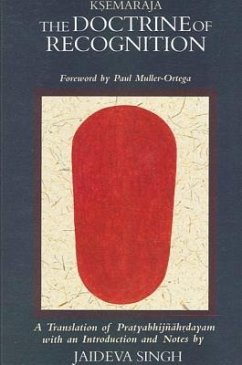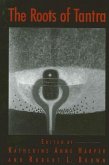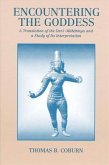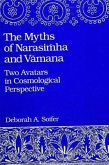"In this world there are some devoted people who are undeveloped in reflection and have not taken pains in studying difficult works, but who nevertheless aspire after the enlightenment that blossoms forth with the descent of Sakti. For their sake the doctrine of recognition is being explained briefly."--Ksemaraja The word pratyabhijna means recognition. All individuals are divine, but they have forgotten their real nature and are identified with their psycho-physical mechanisms. This teaching is meant to enable them to recognize their real nature. It offers the spiritual practice through which they can realize their true Selves. This book occupies the same place in Saiva or Trika literature that Vedantasara does in Vedanta. It avoids all polemics and gives a succinct form for the main tenents of the Pratyabhijna system.
Hinweis: Dieser Artikel kann nur an eine deutsche Lieferadresse ausgeliefert werden.
Hinweis: Dieser Artikel kann nur an eine deutsche Lieferadresse ausgeliefert werden.








